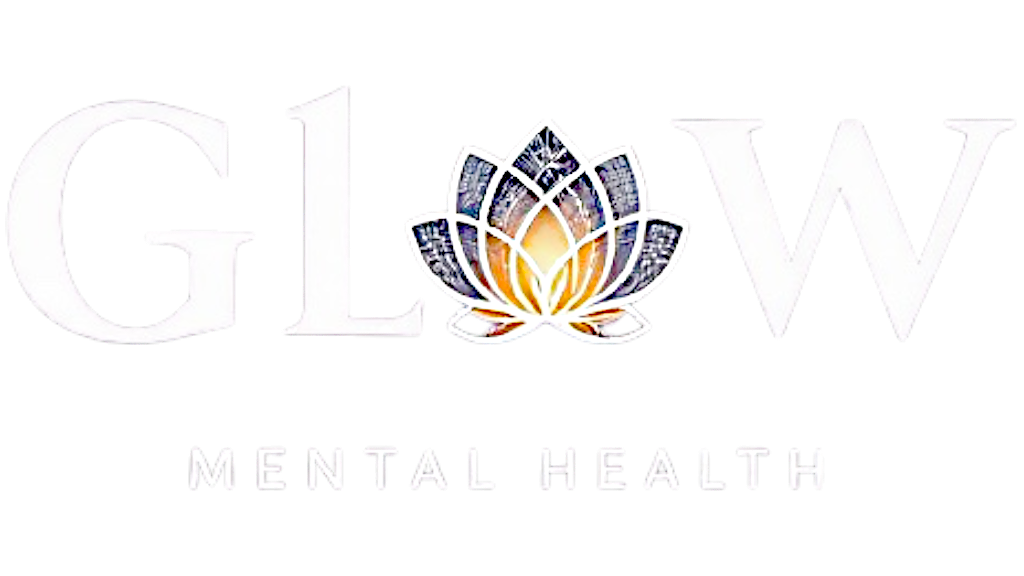-
Helps you build psychological flexibility by learning to accept difficult thoughts and feelings instead of fighting them. It supports you in clarifying what matters most to you, your values, and taking meaningful steps toward the life you want, even in the presence of pain.
-
CFT is designed to help you cultivate self-compassion, especially if you struggle with shame, self-criticism, or harsh inner dialogue. It draws on insights from neuroscience and evolutionary psychology to help you relate to yourself with warmth, care, and kindness.
-
CBT focuses on the connection between your thoughts, emotions, and behaviours. It helps you identify and shift unhelpful thinking patterns, build coping strategies, and develop a more balanced perspective to reduce distress and improve daily functioning. description
-
DBT combines acceptance and change strategies to support emotional regulation, interpersonal effectiveness, distress tolerance, and mindfulness. It was originally developed for intense emotions and is especially helpful when navigating relationship challenges, impulsivity, or chronic self-criticism.
-
EFT helps you understand, express, and work through your emotions in a safe and supportive space. By tuning into your emotional experiences, you can gain clarity, heal past wounds, and foster deeper connections with yourself and others.
-
EMDR is a therapy that helps people heal from trauma and difficult life experiences. It uses eye movements or other forms of gentle stimulation while you think about a troubling memory, helping your brain process it in a healthier way. EMDR can reduce the emotional impact of past events so they no longer feel as upsetting or overwhelming.
-
The Gottman Method is a research-based approach to couples therapy that helps partners strengthen their relationship through better communication, deeper understanding, and more effective conflict resolution. Using practical tools and strategies, couples learn how to manage disagreements, build emotional connection, and support each other’s needs and goals.
-
Supports deep emotional healing by helping you connect compassionately with different "parts" of yourself (like the inner critic, wounded child, or protector).
-
Mindfulness-based approaches teach you to be present with your thoughts, sensations, and feelings in a non-judgmental way. This gentle awareness supports stress reduction, emotional regulation, and a greater sense of inner calm and clarity.
-
A collaborative style that builds motivation and clarity around change without pressure or judgment.
-
Sees you as the author of your own story. Helps you explore how personal, cultural, and societal narratives shape your identity, and supports you in rewriting the stories that no longer serve you, making room for resilience, agency, and hope.
-
Explores how past experiences, especially early relationships, shape current patterns in thoughts, emotions, and relationships. By bringing unconscious patterns into awareness, psychodynamic work can help you understand yourself more deeply and create lasting change.
-
Short-term, goal-oriented approach that focuses on your strengths and what’s already working in your life. Helps you identify small, practical steps toward the changes you want to see, building hope, finding solutions, and moving forward one step at a time.
Therapeutic Approaches
I take an integrative approach to therapy drawing from a wide range of therapeutic modalities to support your healing and growth. This means I tailor our work together based on your unique needs, preferences, and goals. My approaches tend to be:
Trauma-Informed: Grounded in safety, choice, and empowerment, these approaches support healing from trauma at your own pace.
Neuro-Affirmative: Therapy is shaped around your nervous system, sensory experiences, and ways of thinking and feeling with compassion and an emphasis on understanding yourself instead of pathologizing your responses.
Strengths-Based & Empowerment-Focused: Centred on resilience, insight, and growth, these approaches help you build confidence and move forward intentionally.
Emotion & Insight Oriented: These evidence-based tools can help you understand and shift unhelpful thought patterns, manage emotional intensity, and feel more in control.
Relational & Culturally Responsive: Because healing doesn’t happen in isolation, these approaches honour your relationships, identity, and lived experiences.
Below are some of the modalities we may integrate in our work together:

